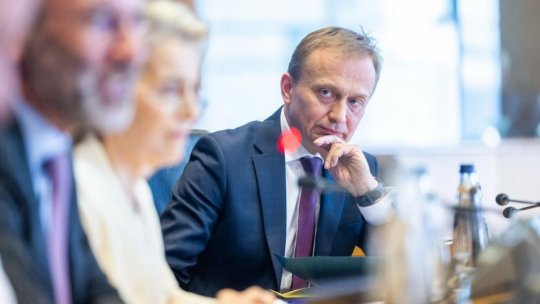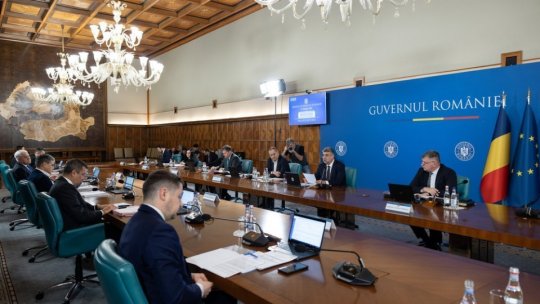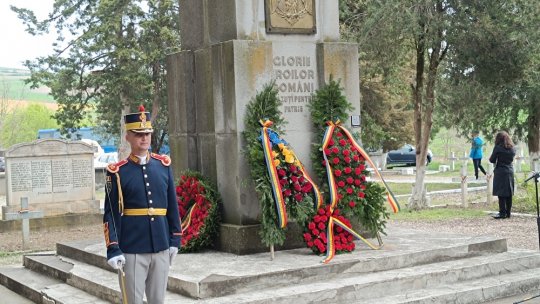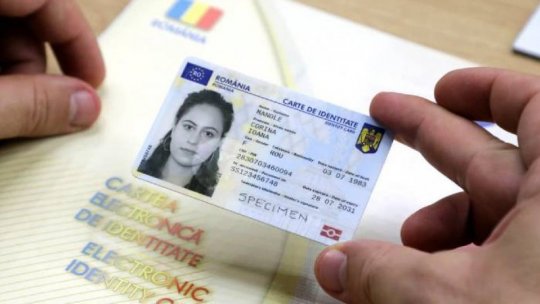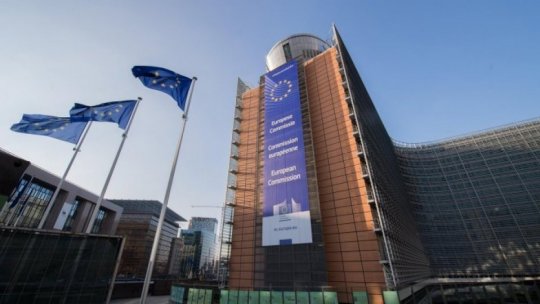Europe Day
Celebrated since 1964 on May 9, Europe Day marks for Romanians two other important historical landmarks.
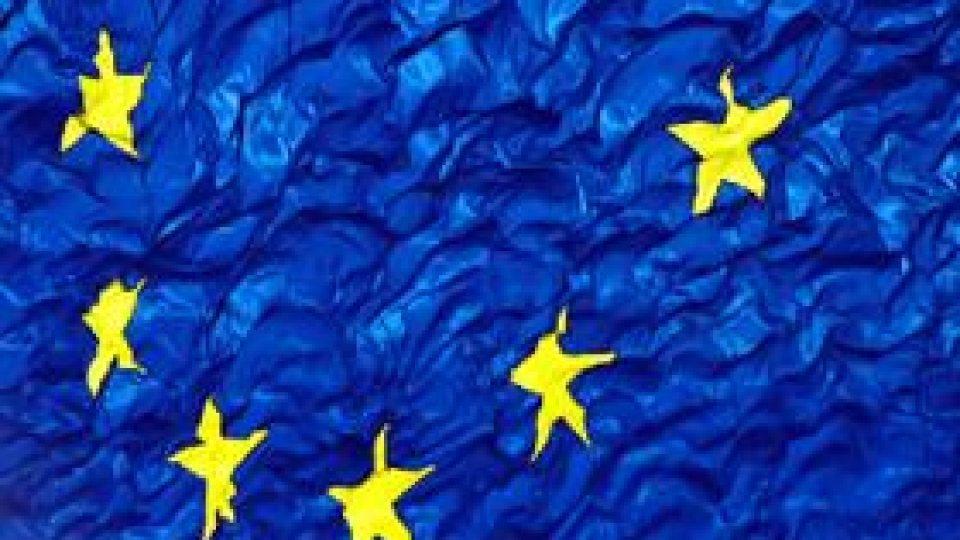
Articol de Radio România Internaţional, 11 Mai 2014, 11:30
For Romanians, Europe Day on May 9 has a threefold significance.
It is the day when 137 years ago Romania won its independence from the Ottoman Empire.
It is also celebrated worldwide as Victory day, marking the final surrender of Nazi Germany in 1945.
Last but not least, it marks Europe Day, an annual celebration of peace and unity in Europe.
“The contribution which an organized and living Europe can bring to civilization is indispensable to the maintenance of peaceful relations”, French Foreign Minister Robert Schuman said in his historical address of 1950.
Comprising 28 Member States, the EU is a unique construct, relying on the economic and political solidarity of participant countries.
Romania became a full EU Member State on January 1, 2007, an accession that deeply impacted the lives of its people.
The president of the European Commission’s Representative Office in Romania Angela Filote outlines some of the benefits of the accession.
“Above anything else, I believe the greatest advantage of EU accession is freedom of movement, our citizens now being able to travel freely across EU to work, study, do business or settle down. The idea is to feel at home in any of the 28 Member States. There are also other benefits.
"Romania has seen massive cash injections from the EU over this period, but beyond investments, what matters most are the changes in the life of every citizen” Angela Filote said.
During the 6 years of its membership Romania has made a valuable contribution to EU institutions, EU Commissioner for Agriculture Romanian Dacian Ciolos told us.
“Romania has the seventh largest population and area in the Union. It is represented in the European Parliament and the European Commission, not just by me, but by some 800 Romanian servants who are currently employed at the Commission. Romanians’ intelligence, their specific character and warmth are transparent in all decision-making institutions.
"Romania is also the beneficiary of certain community policies aimed at helping this country rebuild its economy and society so as to reflect European values" Dacian Ciolos said.
Romania holds a strategic position on the map of Europe, being the EU’s eastern border.
In that respect, Romania is key to maintaining stability in Central Europe and the Balkans.
The peaceful resolution of the conflict in Ukraine, Moldova’s efforts to join the EU, Romania’s bid to accede to the Schengen Area in addition to the scheduled deadline for joining the Eurozone, are the main priorities on our country’s agenda.

